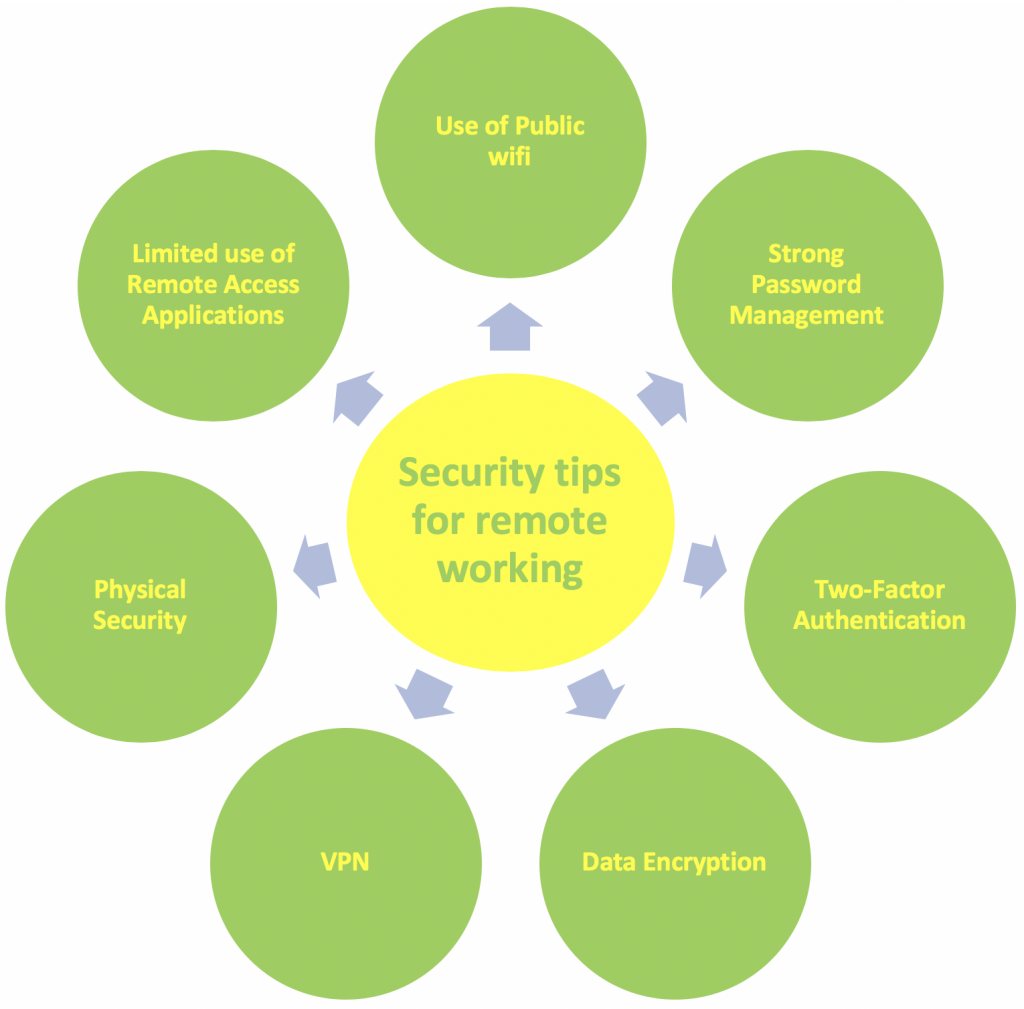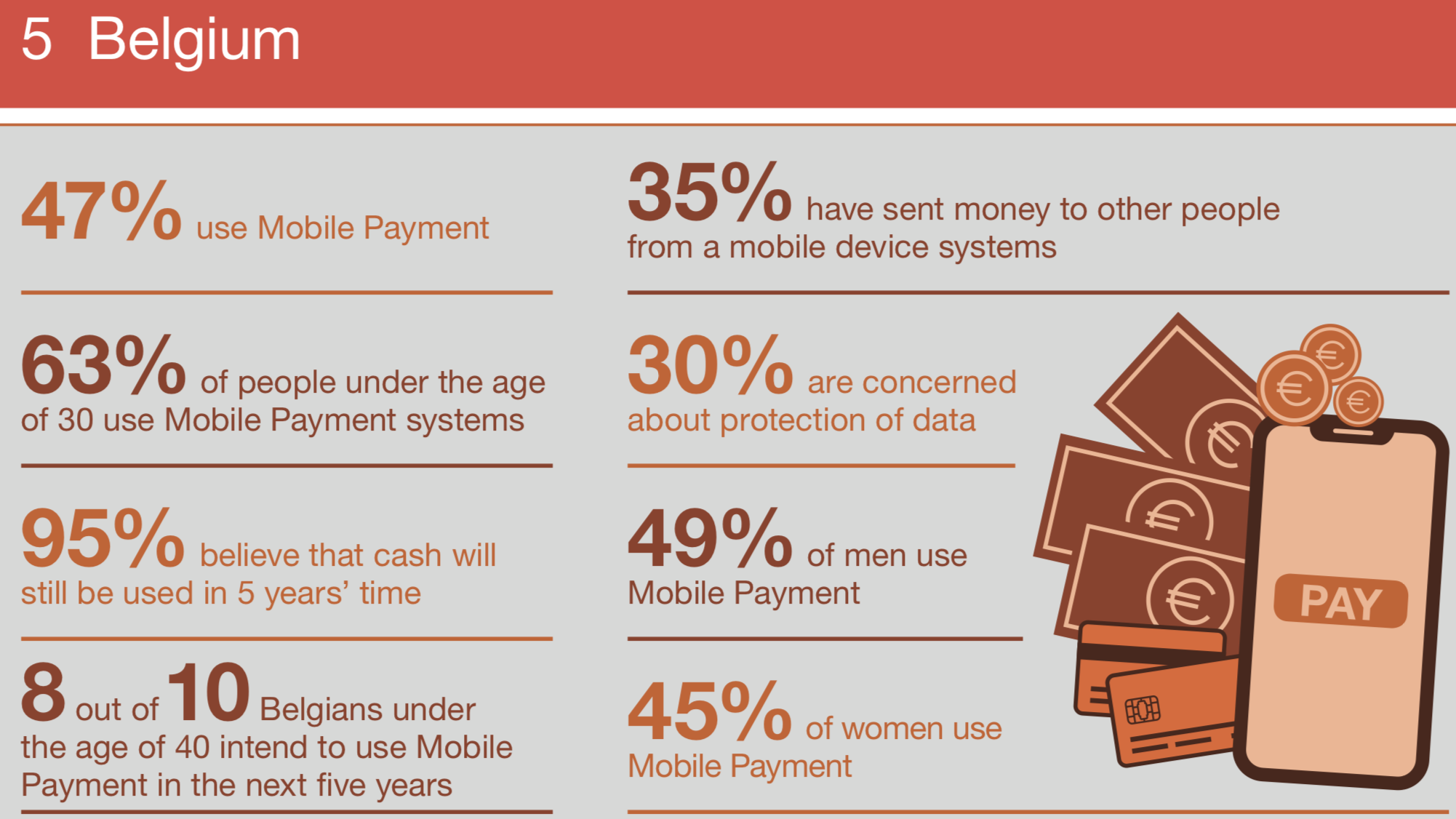Why is it crucial for businesses to have a Mobile Application?
Mobile applications have become an integral part of our daily lives. From social media to online shopping, we rely on these apps to make our lives more convenient and efficient. As much as they are helpful in our personal life, these mobile applications are also beneficial for businesses. In today’s world, having a mobile application is no longer just a luxury – it has become a necessity for any business that wants to stay ahead of the competition and grow their brand and reach new customers like never before.
The benefits of having a mobile application for businesses
Having a mobile application can offer numerous benefits to businesses of all sizes. One major advantage is increased accessibility, as customers can easily access your products or services from anywhere, at any time through their mobile device.
A mobile app also provides an opportunity for businesses to strengthen brand recognition and customer loyalty. A well-designed app with a user-friendly interface can enhance the overall customer experience and keep users engaged with the brand.
Moreover, a mobile application offers unique marketing opportunities such as push notifications, in-app promotions and personalized content that can help drive sales and promote new offerings. Such marketing strategies have been found to be highly effective in increasing engagement rates among customers.
In addition, having third-party integrations within your business’s mobile app further enhances its functionality by allowing seamless integration with other platforms like social media or payment gateways. All these features make investing in a business mobile application not just beneficial but also essential for growing your brand presence online while staying ahead of competitors!
The future of mobile applications
The future of mobile applications is exciting and constantly evolving. As technology continues to advance, developers are finding new ways to improve the user experience and make mobile apps more intuitive and efficient.
One trend that we can expect to see in the future is the increased use of artificial intelligence (AI) and machine learning (ML). AI-powered mobile applications will become more prevalent, enabling businesses to automate processes, provide personalized experiences, and make data-driven decisions. AI can enhance various aspects of mobile apps, such as voice recognition, natural language processing, predictive analytics, and chatbots.
We are also noticing an increased IOT integration into mobile apps. Mobile apps will increasingly connect with IoT devices, allowing businesses to gather real-time data and control IoT-enabled systems remotely. This integration will enable businesses to optimize operations, improve efficiency, and offer innovative services.
Mobile apps will also increasingly integrate with wearable devices, such as smartwatches and fitness trackers, to provide seamless user experiences and gather health and activity data. This integration can have implications for various industries, including healthcare, fitness, and retail. With this integration, businesses will focus on delivering personalized experiences to users through mobile apps. By leveraging user data and AI algorithms, apps will offer tailored recommendations, content, and notifications, leading to increased user engagement and customer satisfaction.
Another area where mobile applications will continue to grow is in third-party integration. Apps that seamlessly integrate with other popular platforms like social media or messaging services will become increasingly important as consumers demand a streamlined experience across all aspects of their digital lives. Also, with the growing concerns about data privacy and security, mobile app developers will prioritize robust security measures. Features like biometric authentication (fingerprint, facial recognition), encryption, and secure data storage will be integral to future business mobile apps. Businesses will also be able to leverage advanced analytics tools and machine learning algorithms to extract valuable insights from mobile app data. These insights will help optimize app performance, understand user behavior, and drive informed business decisions.
We can expect continued growth in areas such as augmented reality (AR) and virtual reality (VR), which have already started making waves in gaming but could potentially revolutionize industries such as education or healthcare. The future of mobile applications looks bright as developers continue to push boundaries and find innovative ways to meet consumer needs. AR and VR technologies will revolutionize mobile applications by creating immersive and interactive experiences. Businesses can leverage AR/VR to enhance product demonstrations, training programs, virtual tours, and even customer support.
Conclusion
Having a mobile application is crucial for businesses in today’s world. The future of mobile applications for businesses is expected to be highly promising and transformative. It not only provides a better user experience but also helps in increasing brand loyalty and revenue. With the process of creating mobile applications becoming easier and more affordable, there’s no reason why your business shouldn’t have one. Moreover, with the rise in third-party integrations like payment gateways, social media platforms, and analytics tools, businesses can now offer their customers an all-in-one solution within their app. This means that users don’t have to switch between different apps to get things done.
It’s essential to understand that mobile applications are here to stay as they continue to evolve into something much more than just another marketing tool. Businesses that embrace this technology will reap its benefits while those who ignore it may end up being left behind by their competitors.
So if you’re looking for ways to take your business to the next level or want to stay ahead of the competition, then investing in a mobile application is definitely worth considering! We at Xorlogics can help you with that!


